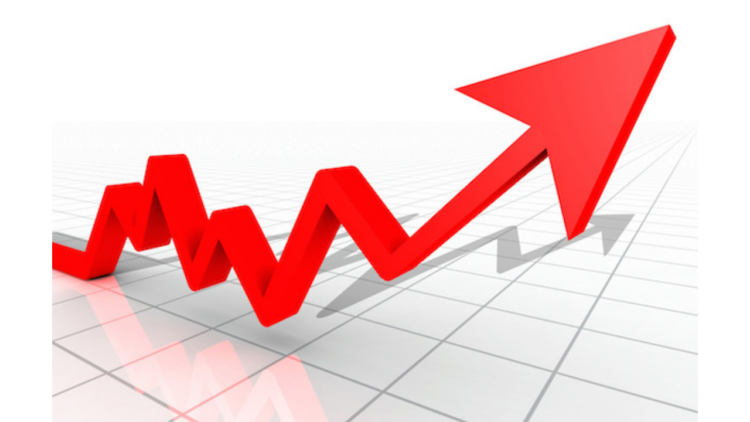Rising inflation and other operational challenges may negatively affect the financial results of companies in the current year, analysts have warned.
To this end, they advised investors not to buy stocks when dividends are being announced by companies but before dividends declaration to achieve capital gains.
On his part, the founder, Nairametrics, Ugodre Obi-Chukwu, who spoke during Nairametrics’ first Economic Outlook in 2023 themed ‘2023 Economic Opportunities to mitigate the impact of headwinds,’ disclosed that, these two critical factors will make a lot of companies turn in unimpressive results.
The webinar featured prominent analysts, such as; Obi-Chukwu, Kalu Aja, a certified financial education instructor and Dr. Andrew Nevin who is the Advisory Partner & chief economist of PricewaterhouseCoopers (PwC).
The founder of Nairametrics said: “the Central Bank of Nigeria (CBN) in 2023 will continue with capital controls to manage the demand side of foreign exchange, adding that new foreign exchange policies will affect payment for online subscriptions as banks are forced to further cut transaction limits.
“Low priced goods market, exchange rate that is inelastic to consumers will experience huge demand, foreign exchange crisis is a big opportunity for local manufacturers who can replace the demand for foreign exchange-sensitive imports and CBN’s financial inclusion drive will be a major boost for utilities as Nigerians are forced to go cashless.”
Similarly, Nevin, who is the Advisory Partner & chief economist of PricewaterhouseCoopers (PwC), explained that, investing in the broader economy is very risky because of double-dight inflation.
Over the past eight years, he said, Nigeria has had a very harsh business environment, with the local currency losing its store of value characteristic, and getting harsher.
Noting that he would not encourage individual investors to take the risks prevalent in the Nigerian investment environment, he added that, “when Nigeria has a growth of three per cent and the federal government becomes more predatory over the last couple of years toward businesses and individuals in extracting value, it becomes a very difficult situation.
“If Nigeria were at 10per cent growth a year, the country could have tax revenues growing at 15per cent a year, and the system would work, but right now it’s not working.
“But we continue to say it’s a growing problem; people don’t want to invest in this country because we’re not growing. I think we’re in a crisis right now but for the next government it will take policies to fix them.”
Aja, who is a certified financial education instructor explained that, the country’s current inflation rates averaged 20 per cent, adding that, to get positive returns would mean making profits above 21 per cent; a difficult phenomenon.
Aja said, to make returns in Nigeria, a combination of portfolios and a better handling of the current insecurity situation which triggered food inflation was very critical.
“Businesses or individuals looking to invest in the country must come together, raise capital to take advantage of commercial papers in the capital market,” he advised.











